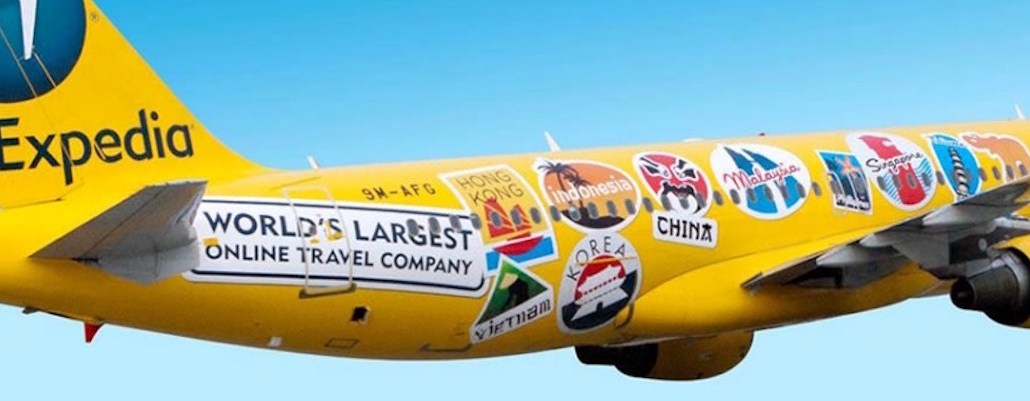8 months in, what Expedia has learned from its Facebook bot

Expedia was among the first to use Facebook Messenger chatbots last spring. It makes sense: The transactional nature of booking a holiday is a good fit for a chatbot. However, creating a seamless experience in a nascent area isn’t easy.
Scott Crawford, Expedia’s vp of product management, said the experience has had its snags along the way — many early chatbots have been clunky — but chatbots overall are, in his words, “potentially the next evolution in discovery.”
Traditionally, travelers book trips on Expedia after they made up their mind about where and when they want to travel. The Messenger chatbot, on the other hand, affords Expedia an opportunity to be part of the decision-making process.
According to Crawford, on average travelers visit Expedia’s site over 45 times before purchasing. And someone on their first visit will have a very different need to someone on their 45th. It’s the same deal in Facebook Messenger. So the key challenge is accommodating all of those different needs and wants.
Right now, the Expedia bot is set up as a rudimentary hotel search tool that takes in a location and date and finds users five different options. It later prompts them to visit the Expedia site to book them. But despite this aim, Crawford said the majority of Expedia’s bot inquiries are actually related to customer service.
The problem: The bot can’t handle them. Those who ask for help are directed to the brand’s main site. But there are plans to change this further down the line. “Through test and learn, we will understand how travelers are engaging with our chatbots and start layering on additional functionality to meet their needs,” Crawford said. “Clearly defining what role the chatbot will have in the booking process is key to retaining the user’s attention.”
Natural language processing is the art of knowing synonyms like “yeah,” “ya” and “yup” also mean “yes.” Or, as Crawford puts it: “It is a way of better answering questions in a more natural, conversational way.”
The bot still has a way to go. For example, typing in “3 nights” when prompted how long you want to stay still isn’t accepted, while “3” is.
“This is the beginning of the journey for us, and we will continually learn and innovate, but we see a huge opportunity for bots in the travel experience,” Crawford said.
More in Marketing

Star power, AI jabs and Free Bird: Digiday’s guide to what was in and out at the Super Bowl
This year’s Big Game saw established brands lean heavily on star power, patriotic iconography and the occasional needle drop.

In Q1, marketers pivot to spending backed by AI and measurement
Q1 budget shifts reflect marketers’ growing focus on data, AI, measurement and where branding actually pays off.

GLP-1 draws pharma advertisers to double down on the Super Bowl
Could this be the last year Novo Nordisk, Boehringer Ingelheim, Hims & Hers, Novartis, Ro, and Lilly all run spots during the Big Game?








